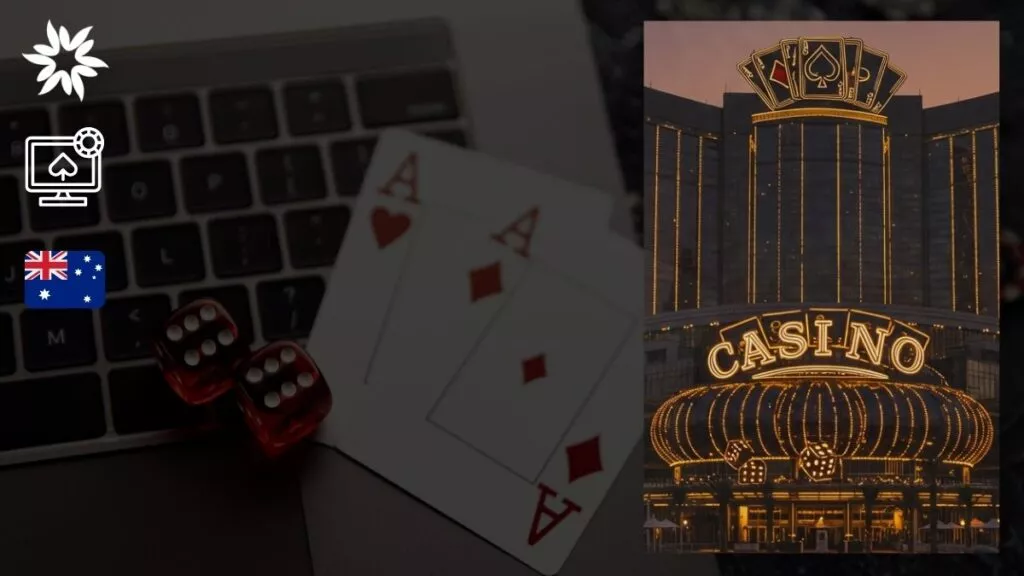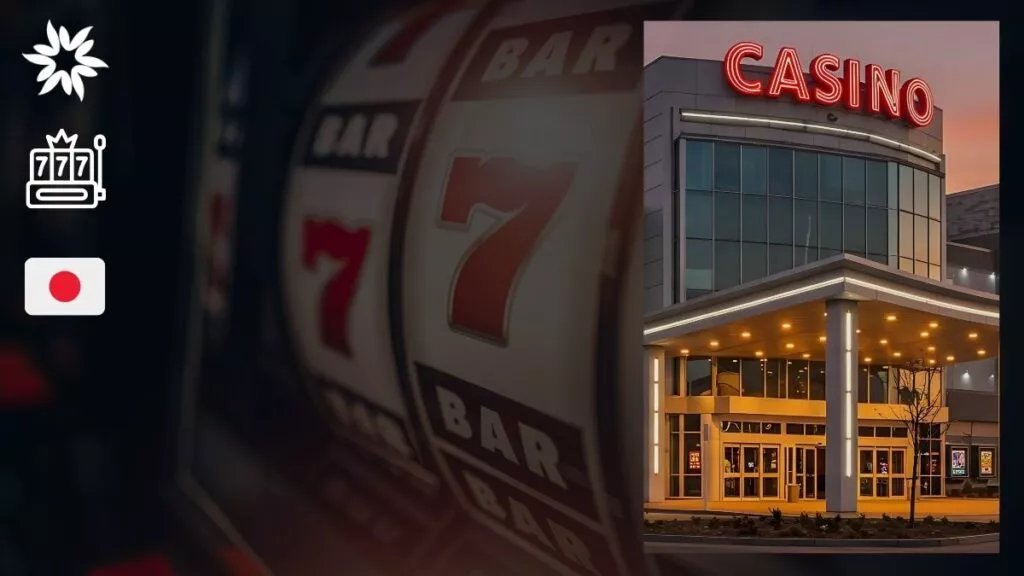In a historic moment for Macau, Sam Hou Fai has been elected as the city’s new leader, becoming the first chief executive born in mainland China.
For a city famous for its casinos and tourism, this change could mean a lot more than just a new face in leadership.
Sam has big plans to transform Macau’s long-dependent gambling economy and shift the city towards a more diverse and stable future.
Before we explore what these changes could bring, let’s get to know Sam a bit better.
Key Takeaways
- Sam Hou Fai is Macau’s first leader born in mainland China, and he plans to reduce the city's heavy reliance on gambling.
- Elected with 394 of 398 votes in a one-candidate election, his leadership aligns closely with Beijing's vision for the city’s future.
- Sam faces the challenge of balancing Macau's gambling-driven economy with his goals of boosting other industries like tourism, finance, and traditional Chinese medicine.
Who is Sam Hou Fai, and What’s His Vision for Macau?
Sam Hou Fai is different from Macau’s previous leaders.
Most past leaders were born locally and had strong ties to the city’s business world, especially the gambling industry.
Sam, however, was born in Guangdong, China, in 1962 and trained as a lawyer.
He studied at Peking University and later in Portugal, giving him both Chinese and Western education in law.
He spent nearly 25 years as a judge in Macau, known for carefully handling sensitive political cases.
So, what does all of this mean for Macau?
Well, with Sam’s legal background and strong connections to Beijing, it’s clear that his leadership will bring a shift in priorities.
In fact, his main focus is to reduce Macau’s reliance on its lucrative casino industry and encourage growth in other areas like tourism, finance, and traditional Chinese medicine.
But as we’ll see, this won’t be an easy task.
Why Diversifying Macau’s Economy is a Top Priority
Macau’s economy is heavily tied to gambling.
As the only place in China where casinos are legal, Macau has thrived on tourists, particularly high-spending gamblers, which has made it one of the wealthiest places in the world per capita.
But this dependence on gambling has its risks, and the COVID-19 pandemic made that painfully clear.
When borders closed and casinos shut down, Macau’s economy took a major hit.
Sam’s election comes at a time when Macau’s economy is still recovering from those challenges.
His predecessor, Ho Iat Seng, had already begun efforts to diversify Macau’s economy, and Sam plans to continue pushing those efforts forward.
He’s clarified that his goal is to boost industries like tourism, finance, exhibitions, and traditional Chinese medicine—sectors that can help balance the city’s heavy reliance on gambling revenues.
Here’s an interesting fact: Back in 2011, the gaming industry accounted for about 60% of Macau’s economy.
By 2023, this dropped to less than 40%.
This shows that the shift is already happening, but Sam wants to speed things up.
He’s even considering setting up public funds to encourage new industries and give them the support they need to grow.
However, many experts believe that gambling will still be a major source of revenue for the city, at least in the near future.
The Challenges Awaiting Sam Hou Fai
While Sam’s goals sound promising, the road ahead is full of challenges.
First, Macau’s businesses are struggling to compete with nearby cities like Zhuhai, where shoppers can find cheaper goods.
This has hurt local businesses, which are already dealing with less spending from Chinese tourists.
Then there’s the issue of public opinion.
Most of Macau’s 687,000 residents don’t have voting rights, and many people feel disconnected from the political process.
Although Sam won a staggering 394 of the 398 votes in the election, this wasn’t exactly a victory by popular vote.
The election committee that chose him was largely stacked with pro-Beijing loyalists.
Some residents hope that Sam will listen to public opinion and not prioritize business interests over the needs of everyday people.
And while Sam has been Macau’s top judge for years, running a government is a whole different challenge.
There’s some concern over whether he has the experience to handle the tough economic and social issues facing the city.
But one thing is certain—he’ll have to work closely with Beijing.
In fact, Sam has openly said that Macau’s future depends on integrating with China’s Greater Bay Area plan, which aims to connect Macau, Hong Kong, and several cities in Guangdong province into a major economic powerhouse.
What Lies Ahead for Macau?
As Sam prepares to take office in December, marking the 25th anniversary of Macau’s return to Chinese rule, there’s a lot riding on his ability to deliver on his promises.
His plans to diversify the economy are ambitious, but they come with significant challenges.
The gambling industry, despite its risks, is still the foundation of Macau’s economy, and finding the right balance between growth and stability won’t be easy.
Macau is at a crossroads.
While Sam’s vision for a more diverse and stable economy aligns with Beijing’s goals, it will take careful planning and strong leadership to make it a reality.
The next few years will be critical in determining whether Macau can truly reduce its dependence on gambling and emerge as a global hub for tourism, finance, and innovation.
The Road Ahead for Sam Hou Fai and Macau
As the first mainland-born leader of Macau, Sam Hou Fai is stepping into a role that comes with both great expectations and significant challenges.
His focus on diversifying the economy is timely, given Macau’s heavy reliance on gambling, but the path forward is far from simple.
With the support of Beijing and a clear vision for the future, Sam’s leadership could usher in a new era for Macau.
However, whether this vision can be successfully realized will depend on how well his administration handles the complex social and economic issues ahead.
The coming years will show if Macau can truly move beyond its gambling roots and grow into a more diverse, world-class hub for tourism, business, and innovation.








